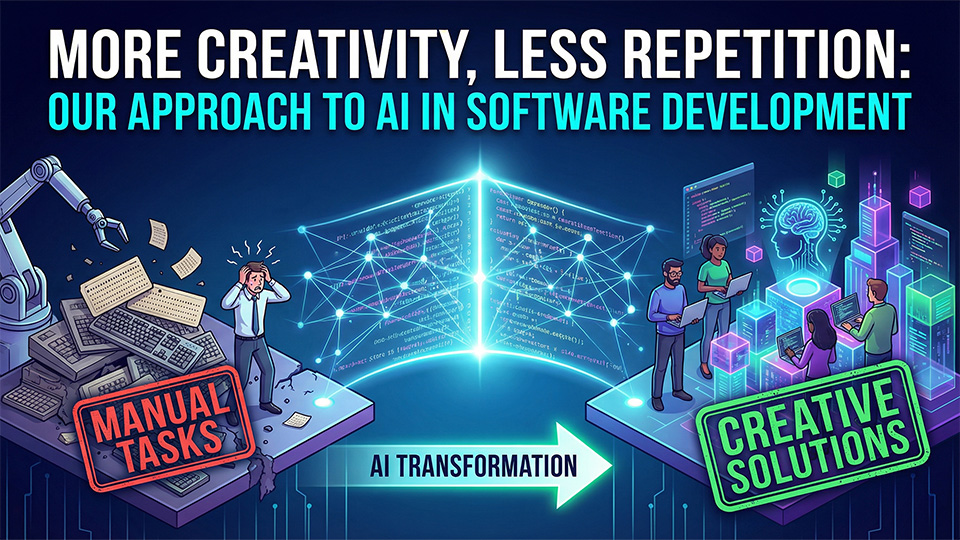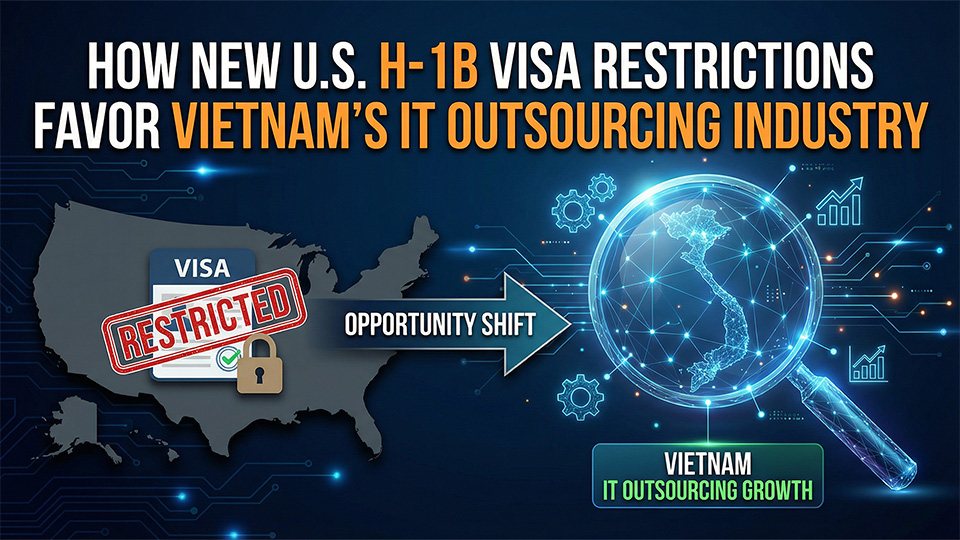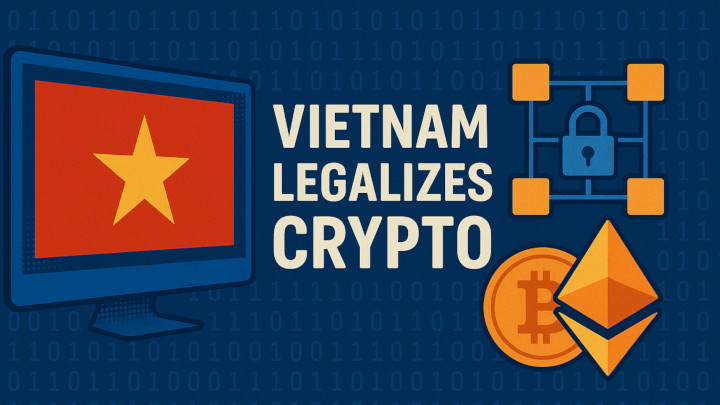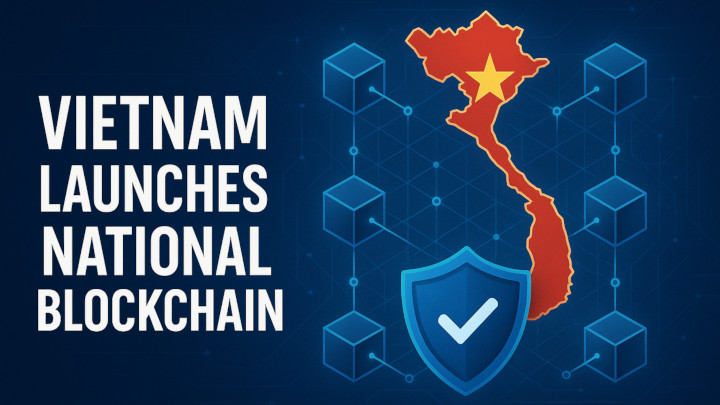July 11, 2023
Building Trust in Global Supply Chains: The Power of Blockchain Technology
The smooth functioning of supply chain management is vital for businesses to thrive in our increasingly interconnected world. Yet, conventional supply chain systems often grapple with issues like opacity, limited traceability, and ethical sourcing complexities. Thankfully, there's a promising solution on the horizon: blockchain technology.
In this article, we'll dive deep into the advantages, obstacles, and future possibilities of integrating blockchain into supply chain management. Join us as we explore how this transformative technology can optimize global supply chains, fostering efficiency and accountability every step of the way.
How Blockchain Works in Supply Chain Management
First of all, let’s explore how blockchain works in the context of supply chain management:
- Product Creation and Sourcing: Blockchain can track the origin and creation of products, starting from the sourcing of raw materials. Each transaction related to the procurement, transportation, and transformation of materials is recorded on the blockchain, ensuring transparency and traceability.
- Supply Chain Validation: As products move through various stages of the supply chain, each participant records the transactional data on the blockchain. This includes information such as manufacturing processes, quality inspections, location changes, and ownership transfers. These records create an auditable and immutable trail of the product's journey, enabling efficient validation and verification.
- Smart Contract Execution: Smart contracts can automate and enforce specific actions or conditions within the supply chain. For instance, when certain quality standards are met, a smart contract can automatically initiate the next production stage or trigger a payment. This streamlines operations reduces delays, and minimizes the risk of human error.
- Real-Time Tracking and Visibility: Blockchain technology enables real-time tracking of products throughout the supply chain. Through integrated sensors, IoT devices, or barcode scanning, data about product location, temperature, and condition can be recorded on the blockchain. This data ensures transparency and provides stakeholders with accurate visibility into the status and whereabouts of goods.
- Supplier and Vendor Management: Blockchain facilitates secure and transparent communication between suppliers, vendors, manufacturers, and distributors. Information such as certifications, licenses, and compliance records can be stored on the blockchain, allowing businesses to validate the authenticity and credibility of their partners.
- Customer Engagement: Blockchain technology also benefits consumers by providing access to transparent information about the products they purchase. With the help of mobile apps or web interfaces, customers can scan a product's unique identifier (such as a QR code) to retrieve details about its origin, manufacturing process, and sustainability practices. This fosters trust and empowers consumers to make informed decisions.

Enhancing Transparency and Traceability
One of the most significant advantages of utilizing blockchain technology in supply chain management is its ability to enhance transparency and traceability. By leveraging a decentralized and immutable ledger, blockchain enables real-time visibility into every step of the supply chain, from sourcing raw materials to the final delivery of products.
As we said, this transparency not only empowers businesses to track and verify each transaction but also allows consumers to gain insights into the origin and journey of the products they purchase. As a result, blockchain-based supply chains foster a greater level of trust and accountability among all stakeholders involved.
Reducing Inefficiencies
Traditional supply chain systems often suffer from inefficiencies caused by manual processes, paperwork, and a lack of interoperability between parties. Blockchain technology can streamline these processes by providing a shared and synchronized digital ledger accessible to all participants.
This eliminates the need for intermediaries, minimizes the risk of errors, and accelerates the flow of information and goods. By optimizing supply chain operations, blockchain can minimize delays, reduce inventory holding costs, and enhance overall productivity.
Ensuring Ethical Sourcing
The ethical sourcing of raw materials has become a top priority for businesses and consumers alike. Blockchain technology can play a pivotal role in ensuring ethical sourcing practices by creating a transparent and auditable supply chain. This innovative technology empowers companies to trace the origin of raw materials, verify their authenticity, and guarantee compliance with ethical standards and certifications, thus ushering in a new era of transparency and accountability in the global supply chains.
This level of transparency not only helps prevent the use of conflict minerals or forced labor but also enables consumers to make informed choices and supports companies committed to sustainability and responsible sourcing.
Future Potential and Challenges
While the potential of blockchain technology in revolutionizing supply chain management is immense, it is important to acknowledge the challenges that need to be addressed for its widespread adoption. Interoperability is crucial as different organizations may utilize different blockchain platforms or protocols. Efforts are being made to establish standards and frameworks that enable seamless communication and data exchange between these platforms, allowing for enhanced collaboration across the supply chain ecosystem.
Scalability is another significant consideration. As supply chains involve numerous transactions, the blockchain infrastructure must be capable of handling a large volume of data in a timely and efficient manner. Scalability solutions such as sharding, sidechains, and layer-two protocols are being explored to address this challenge and ensure that blockchain networks can support the demands of complex supply chain operations.
Finally, integrating blockchain technology with legacy systems can be complex. Many organizations have established systems and processes in place, and transitioning to blockchain-powered solutions requires careful planning and consideration.
Conclusion
Blockchain technology is revolutionizing supply chain management by enhancing transparency, traceability, and accountability. Its ability to reduce inefficiencies, enhance product provenance, and ensure ethical sourcing positions blockchain as a game-changer in the global supply chain ecosystem. As businesses continue to explore the benefits and overcome the challenges, the adoption of blockchain in supply chain management will unlock new opportunities for optimization, trust-building, and sustainable growth. Embracing this transformative technology is essential for businesses aiming to thrive in the dynamic and increasingly interconnected marketplace of the future.
Dirox is specialized in providing top-notch blockchain services. From smart contract development to decentralized application (DApp) creation, our expert team leverages the power of blockchain technology to revolutionize your industry. Discover secure, transparent, and efficient solutions tailored to your specific needs. Contact us to to explore the endless possibilities that await your business.

Sources:





























.svg)













